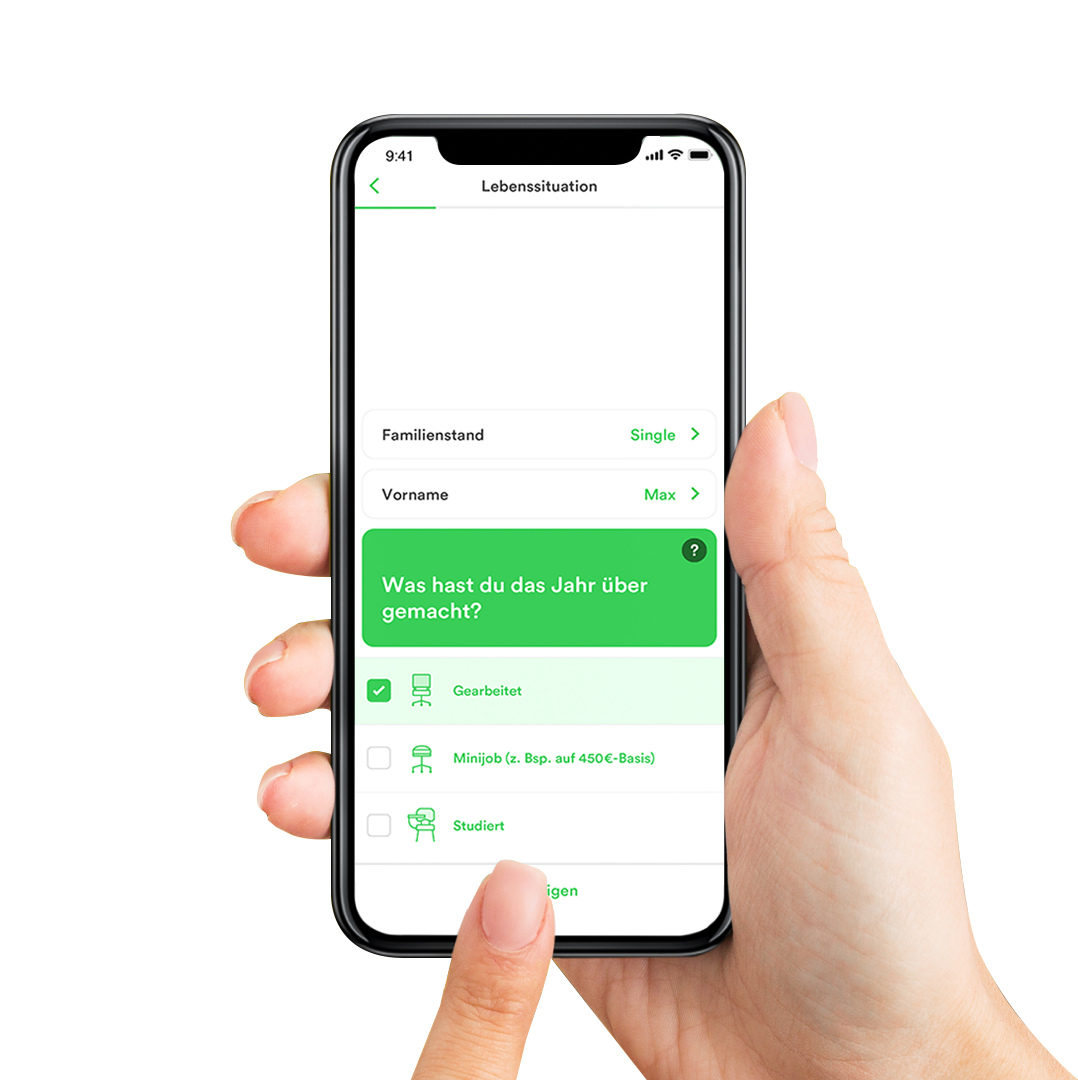Food delivery — be it ready-made restaurant meals, groceries, or anything in between — has seen a huge surge of activity in the last few weeks as people have sheltered in place to slow down the spread of the novel coronavirus. Today, one of the startups that’s built a business specifically in meal-kits in the UK is announcing funding to double down on its growth.
Gousto, a London-based meal-kit service, has closed £33 million ($41 million) in funding, money that it’s going to be using to continue investing in its technology — both in the AI engine that it says customers use to get more personalised recommendations of what to cook and eat, and in the backend tech used to optimise its own logistics and other operations — and in building more capacity to meet rising demand and expanding next-day delivery in the near future (it mainly operates on a three-day turnaround between ordering and delivery currently).
The company said that it’s currently delivering some 4 million meals to 380,000 UK households each month and is on course to cross 400 million meals delivered by 2025. It offers currently a choice of more than 50 recipes each week and gives people the option to tailor what they get, with the whole system running in an automated packing process, working out to average price per meal per person to £2.98 at its cheapest.
The funding — which was being raised before the novel coronavirus hit — is being led by Perwyn, with participation also from BGF Ventures, MMC Ventures and Joe Wicks — a hugely popular YouTube fitness coach who has built a lifestyle brand around healthy eating. This brings the total raised by Gousto to around £130 million ($162 million). It’s not disclosing its valuation with this round. It has 100 employees today and plans to expand that to 700 by 2022.
CTO Shaun Pearce said that Gousto was in high-growth mode before COVID-19, operating on forecasts of growing 70% year-on-year. That number — as with so many other delivery and specifically food-based delivery businesses right now — has spiked upward in recent weeks, not just from paying customers but also for Gousto’s own efforts to do something for the relief efforts, with food businesses like Gousto’s some of the remaining “key” businesses that have been allowed to stay open when others like restaurants have closed.
“We continue to be laser-focused on our vision to become the UK’s most-loved way to eat dinner. This additional investment is not only a validation of our track record, but it is also an endorsement of our strategic vision of the future which is rooted in investing in innovative technology to transform the way we search for, shop for, and cook our food,” said Timo Boldt, CEO and founder, in a statement. “In these challenging times, we want to continue offering people more choice and especially more convenience. We will maintain our close relationships with the government and other charitable partners to ensure those already struggling don’t see their situation worsen.”
In the last several weeks, Pearce said Gousto has also seen big changes in customer behavior from pre-existing customers, with a 28% increase in family boxes. “Those who buy from us want to buy more,” he said.
Gousto’s has also been trying to do its part in relief operations. It’s been working with the UK’s Department for Environment, Food and Rural Affairs to produce meal kits for vulnerable people, and it has donated some 6,000 meals to The Trussell Trust foodbank network and to the homeless charity, Shelter. It’s also ensuring that when its system is overcrowded that NHS employees get priority access to its ordering platform. (This is in addition to the contactless and other safety procedures that Pearce said that Gousto has put in place to minimise the risk of spreading the virus both to its workers and customers.)
Meal kit services in recent years have taken a beating in recent years, typified perhaps most publicly by Blue Apron, which saw its stock drop drastically after going public in part because of the huge amount of competition (not just from other pure-play meal kit companies but a plethora of others like Amazon that have added on meal kits to other existing business lines such as other grocery delivery).
Pearce said that Gousto’s growth and popularity and flexibility that it offers users by way of the AI engine to craft recipes they might actually want to use sets it apart from current competition, which in the UK includes HelloFresh, Mindful Chef, offerings from most major grocers, and many more.
“We continue to be impressed by Gousto and its dedication to its customers,” said Andrew Wynn, founder and managing partner at Perwyn, in a statement. “The business has adapted quickly to continue providing an essential service to so many. This reaffirms the decision we took far before COVID-19, that we’re investing in the right people and a business set for even greater success.”


